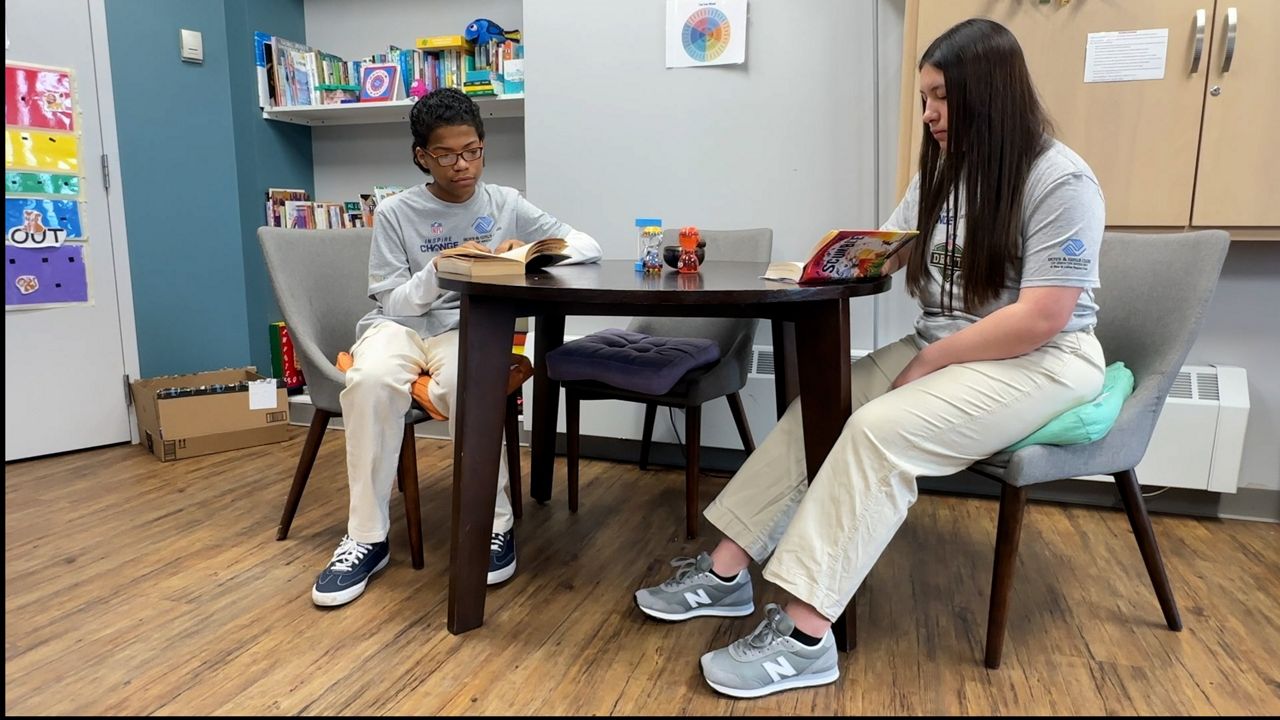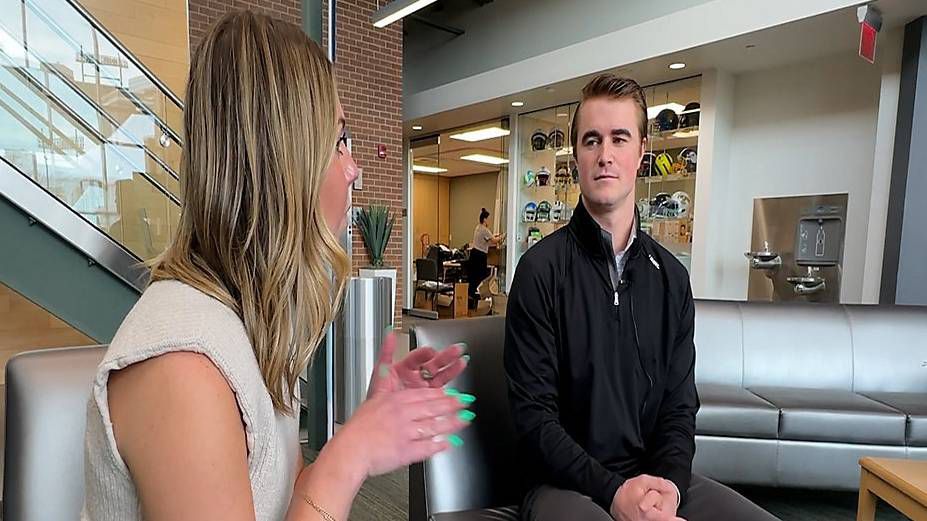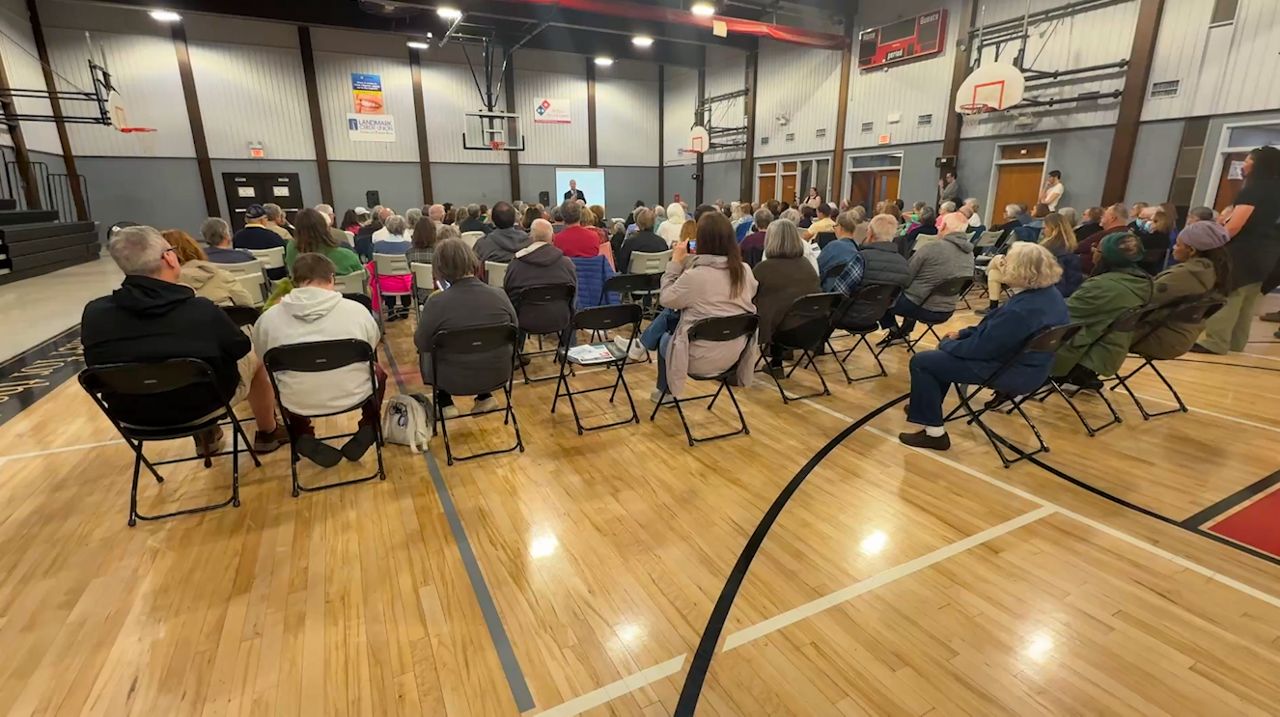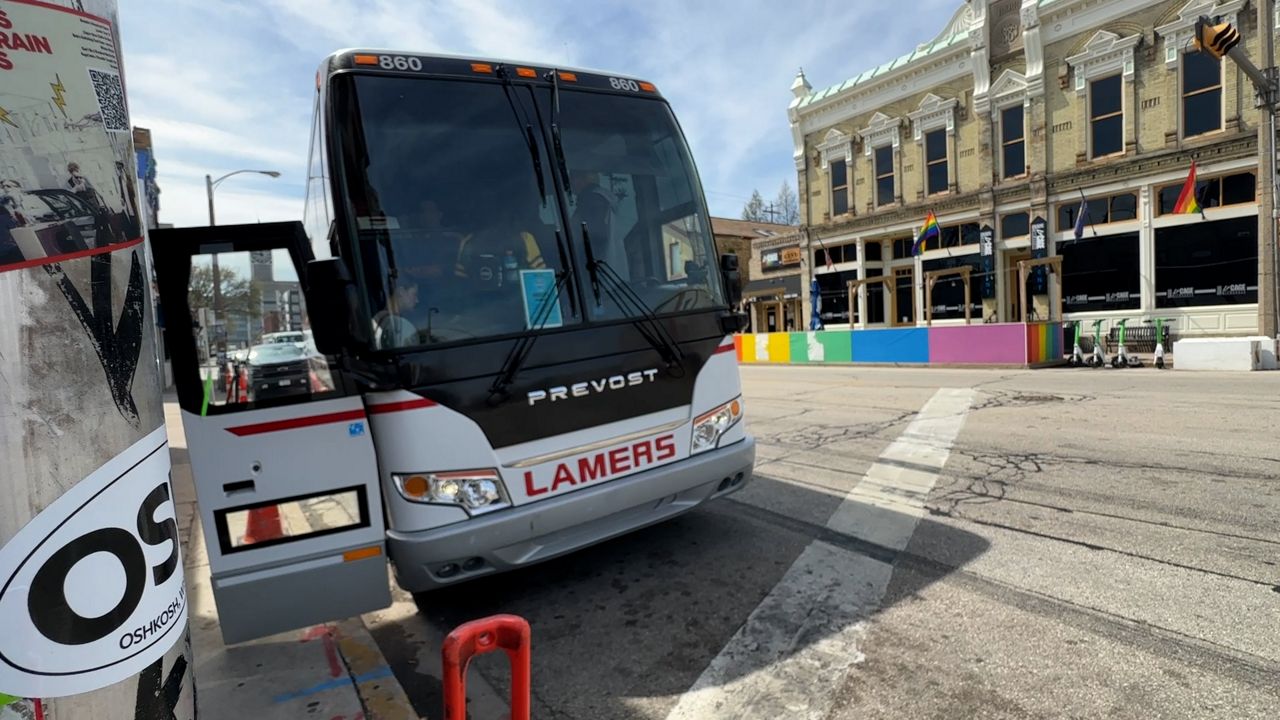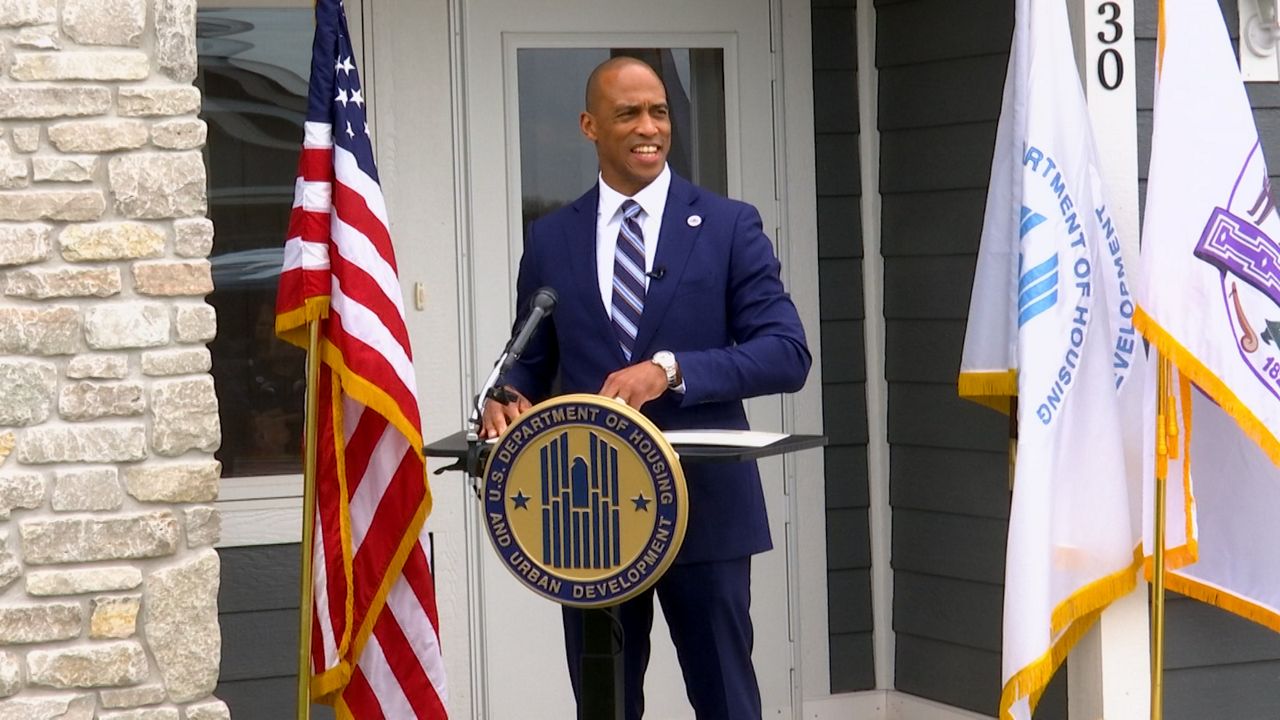MILWAUKEE — The Milwaukee School of Engineering is looking to become a national leader in undergraduate education of “Applied Artificial Intelligence” through its Next Bold Step campaign, which has a fundraising goal of $125 million.
The goal is to build a stronger program and facility to use AI “to help solve the technical challenges of the 21st century.”
Ben Paulson is the president of the AI Club at MSOE. As a senior studying computer science, one of his projects involves using AI to help the United Nations Food and Agriculture Organization detect food price increases around the world.
“What the algorithm did is partner with the U.N. using some of their data — using their publicly available commodity prices — figuring out things like, in a month, this country’s food prices are likely to go up with a 60-70% confidence,” said Paulson. “We can send a warning to them saying you should start storing more food, especially in this specific market.”
Thanks to MSOE’s supercomputer called Rosie, Paulson is able to develop his own AI algorithms.
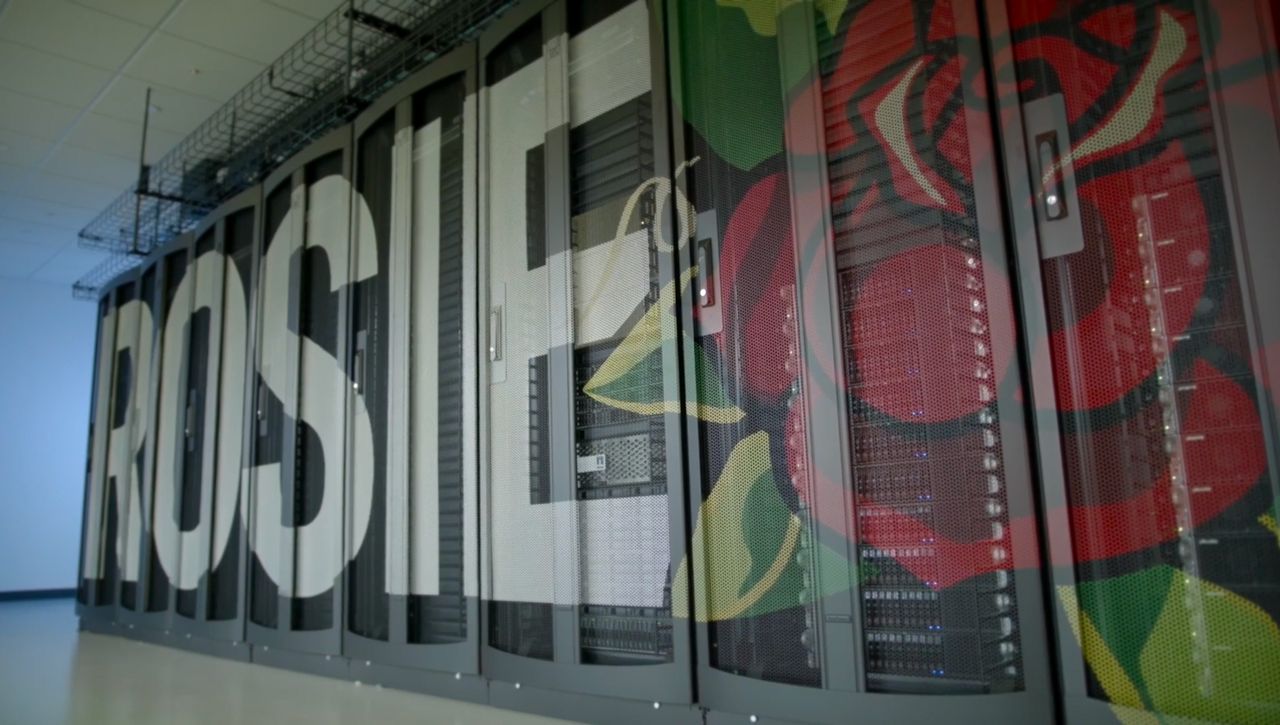
He said he’s hopeful the Next Bold Step fundraising effort will help grow more student projects like his by creating the Robert D. Kern Engineering Innovation Center — a $76.5 million building with modernized classrooms and labs that integrate AI and machine learning into all the school’s engineering programs.
“I would say a majority of students work with professors outside the classroom on projects,” said Paulson. “It’s kind of a motivator to do more to use these facilities to their full advantage and by having them, students are more likely to use them.”
Olga Imas, professor of biomedical engineering, said it’s imperative that students have access to the latest advancements in the classroom, as AI is expected to redefine what’s being done in nearly every industry.
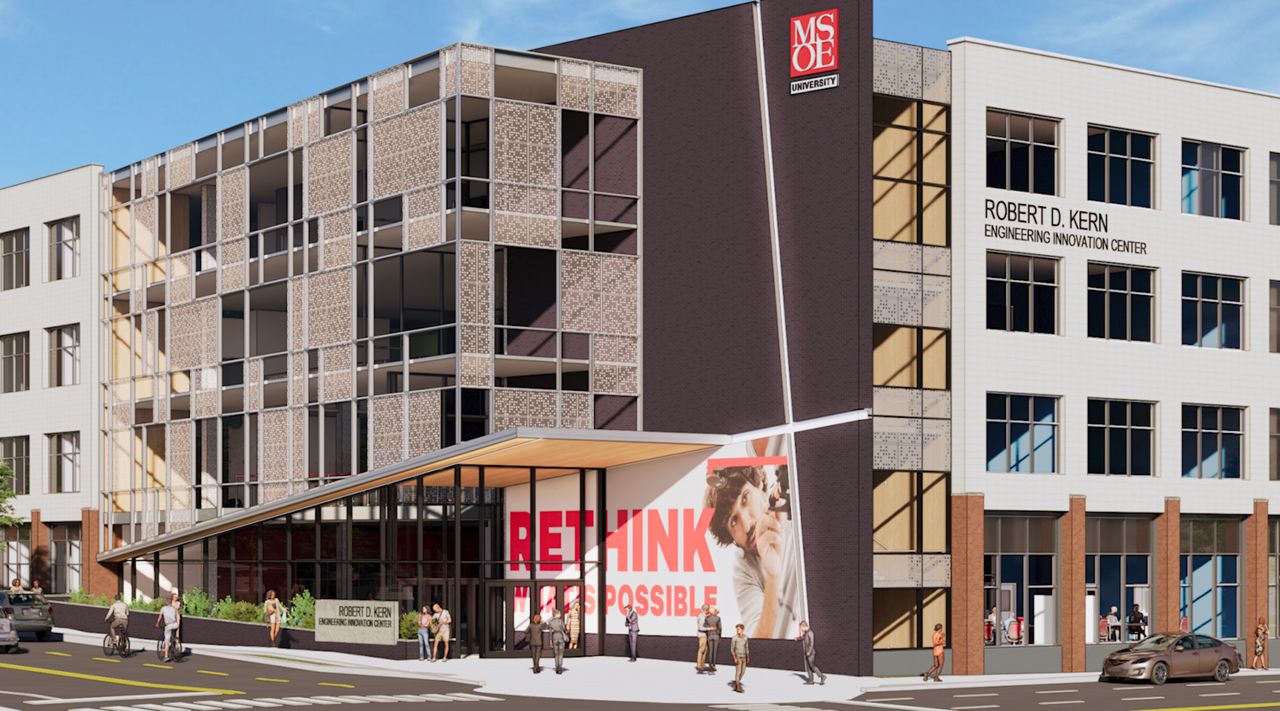
“Whether it’s engineering, nursing, business or actuarial science, I think technology is at the center of everything we do, and so because AI is really transforming all of these disciplines, it just makes sense that we work that into what we teach,” said Imas.
Paulson said it makes him excited about the future of the program and the students that will benefit from it.
“I find it really important to have facilities like that to work directly with industry,” he said. “Working with the latest and greatest tools because of how often the industry is changing allows us to work in tandem with industry, and make sure our skill sets are up to date and that we’re including AI in everything that we do.”




